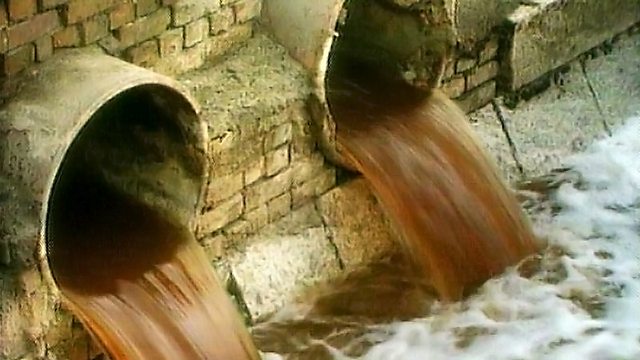Raising a Stink
Alice Roberts investigates the potential savings available by harnessing the power of sewage through anaerobic digestion and the fertilisation of farms using human waste.
Medical doctor and anatomist Dr Alice Roberts investigates the potential savings available by harnessing the power of sewage through anaerobic digestion and the fertilisation of farms using human waste. Some experts believe that millions of pounds could be saved if we could overcome fecophobia, a fear of human waste.
Each flush of the toilet chain sends upto 13 litres of purified drinking water racing down the u-bend into the vast, largely Victorian sewage system that comprises of 300,000km of sewers that serve 9,000 wastewater treatment plants that receive 10 billion litres of sewage every single day.
Each year millions of tonnes of wet sewage sludge are produced. In the future the potential of this waste could be unlocked by farmers fertilising their land with biosolids, a compost made from human waste, and the National Grid using the methane produced from anaerobic digestion of sewage sludge to heat homes.
Costing The Earth asks whether our sewers can cope with all the waste we flush away, and finds out how we can put our human waste to best use.
Last on
More episodes
Previous
Broadcasts
- Mon 4 May 2009 21:00Βι¶ΉΤΌΕΔ Radio 4
- Thu 7 May 2009 13:30Βι¶ΉΤΌΕΔ Radio 4 FM
What has happened to the world's coral?
Podcast
-
![]()
Costing the Earth
Fresh ideas from the sharpest minds working toward a cleaner, greener planet



